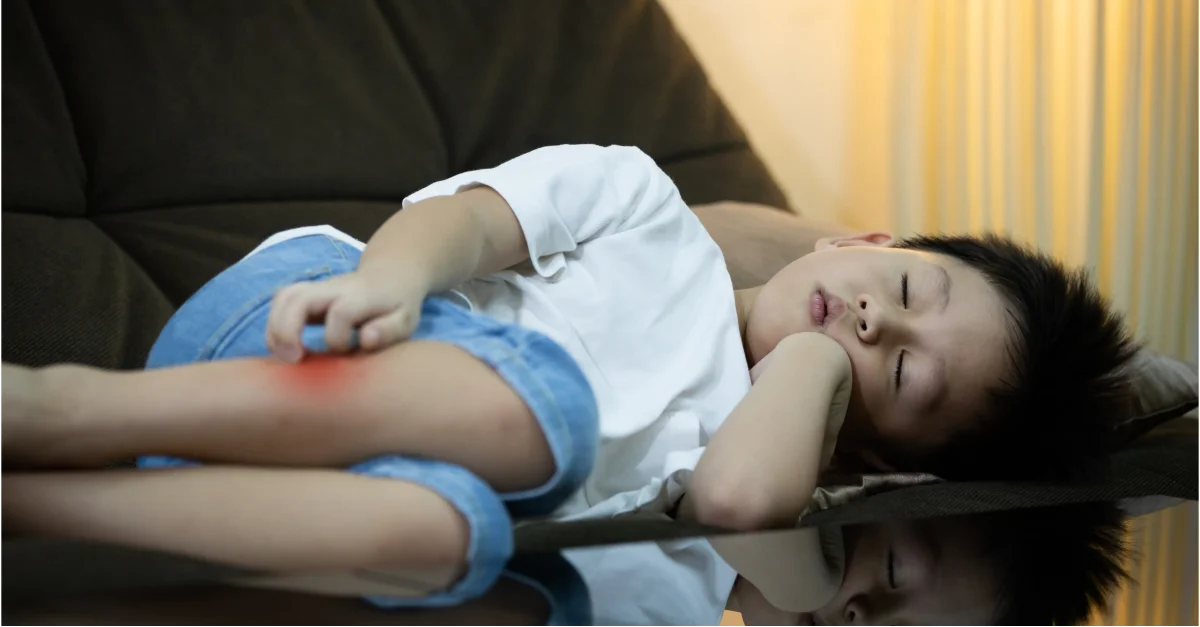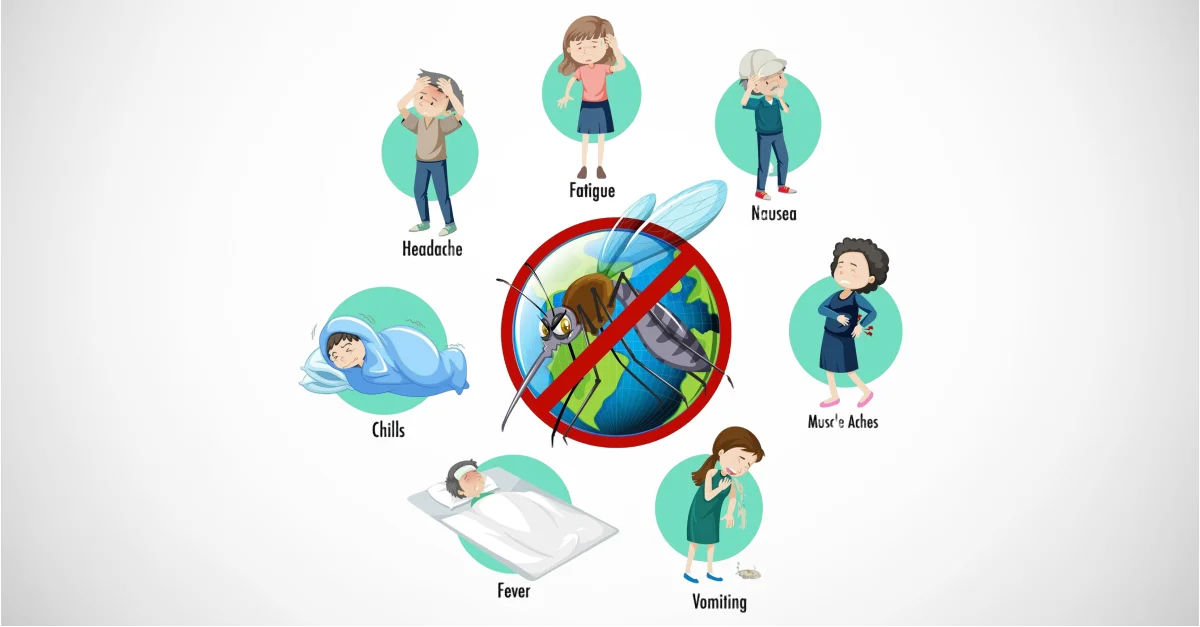Shingles, also known as herpes zoster, is a viral infection that causes a painful rash. It is a condition that arises from the reactivation of the varicella-zoster virus, the same virus responsible for chickenpox. While the virus lies dormant in the nervous system after a person recovers from chickenpox, it can reactivate later in life, often causing herpes zoster. Although it is not life-threatening, shingles can lead to severe pain, complications, and long-lasting effects, making it essential to stay informed about the latest developments in its symptoms, treatment, and prevention.
Understanding Shingles: What You Need to Know
Shingles primarily affects adults over the age of 50, though anyone who has had chickenpox is at risk, even if they are younger. When the varicella-zoster virus reactivates, it can cause inflammation of the nerves, leading to a characteristic rash, typically on one side of the body. The rash often appears as a band or stripe of red, blistering skin, usually on the torso, face, or neck.
Shingles Symptoms
Herpes zoster can start with mild symptoms that can be easily overlooked. The early signs may include:
- Pain, burning, or tingling
- Fever and chills
- Fatigue
- Headache
- Sensitivity to light
After a few days, the rash appears, usually in the form of small blisters that eventually break open and crust over. The rash can be intensely painful, and the discomfort may last for several weeks.
Causes and Risk Factors of Shingles
The main cause of herpes zoster is the reactivation of the varicella-zoster virus, which remains in the body after a chickenpox infection. After the initial infection, the virus becomes dormant in the nerve cells, often for many years. However, several factors can trigger its reactivation, including:
- Age: The risk of developing shingles increases with age, particularly for individuals over 50, as the immune system weakens with time.
- Weakened immune system: Conditions such as HIV/AIDS, cancer treatments like chemotherapy, or medications that suppress the immune system (e.g., steroids) can make individuals more susceptible to shingles.
- Stress: Physical or emotional stress can weaken the immune system, triggering a shingles outbreak.
- Chickenpox history: Anyone who has had chickenpox, even if they were a child, can develop shingles later in life.
Latest Developments: Shingles Vaccines and Treatments
Recent advancements in the prevention and treatment of herpes zoster have brought hope to millions of people at risk. The introduction of vaccines has played a significant role in reducing the incidence of shingles and its complications.
Shingles Vaccine
In the past few years, there has been a significant improvement in the availability and efficacy of herpes zoster vaccines. The two main vaccines available are:
- Zostavax (Zoster Vaccine Live): A live vaccine that was widely used before being replaced by Shingrix. It is recommended for people aged 60 and older and helps prevent shingles outbreaks and complications. However, Zostavax is less effective than newer vaccines.
- Shingrix (Recombinant Zoster Vaccine): Shingrix is the preferred vaccine and has proven to be more effective in preventing shingles, even in people over 70. It has a higher efficacy rate than Zostavax and provides long-lasting protection. Shingrix is a non-live vaccine and is recommended for adults aged 50 and older, as well as those with weakened immune systems.
Shingrix has demonstrated around 90% efficacy in preventing shingles, and studies suggest that the protection lasts for several years.
Treatment for Shingles
If herpes zoster develops, early intervention is critical to reducing the severity and duration of the symptoms. Antiviral medications are typically prescribed to lessen the intensity of the infection and help it heal more quickly. These medications work best when started within 72 hours of the rash’s appearance. The most commonly used antiviral drugs for shingles include:
- Acyclovir
- Valacyclovir
- Famciclovir
In addition to antiviral drugs, doctors may recommend pain-relieving medications such as over-the-counter analgesics (e.g., ibuprofen or acetaminophen) or prescription medications (e.g., opioids, gabapentin) to manage the severe pain associated with herpes zoster. For patients with very severe pain, a doctor may recommend a corticosteroid or numbing treatments to provide relief.
Complications of Shingles
While most people recover from herpes zoster within a few weeks, some can experience complications, which can make the condition more dangerous and uncomfortable. The most common complications include:
- Postherpetic Neuralgia (PHN): This is the most common long-term complication, affecting about 10-20% of individuals with shingles. PHN causes persistent pain in the areas where the rash appeared, even after the rash has healed. The pain can be severe and debilitating, sometimes lasting for months or even years.
- Vision problems: If shingles affects the eye (known as ophthalmic shingles), it can cause serious vision problems or even blindness if not treated promptly.
- Skin infections: In some cases, the blisters from shingles can become infected with bacteria, requiring further treatment to prevent additional complications.
- Neurological issues: In rare cases, shingles can lead to more severe neurological complications, such as encephalitis or meningitis.
How to Prevent Shingles
While there is no surefire way to prevent shingles, there are several steps you can take to reduce the risk:
- Vaccination: The most effective way to prevent shingles is by getting vaccinated with the Shingrix vaccine. This is recommended for adults aged 50 and older, even if they have already had shingles.
- Healthy lifestyle: Maintaining a strong immune system through a healthy diet, regular exercise, and managing stress can help reduce the likelihood of shingles reactivation.
- Prompt treatment: If you suspect that you are experiencing shingles symptoms, consult a healthcare provider immediately to begin antiviral treatment and minimize the risk of complications.
Conclusion
Herpes zoster is a painful and potentially debilitating condition, but with recent advancements in vaccines and treatments, the outlook for those at risk has significantly improved. Understanding the risk factors, early symptoms, and the importance of timely treatment and vaccination is crucial to preventing and managing shingles effectively. If you are 50 or older or have a weakened immune system, it’s essential to talk to your healthcare provider about the shingles vaccine to help protect yourself from this painful viral infection.






